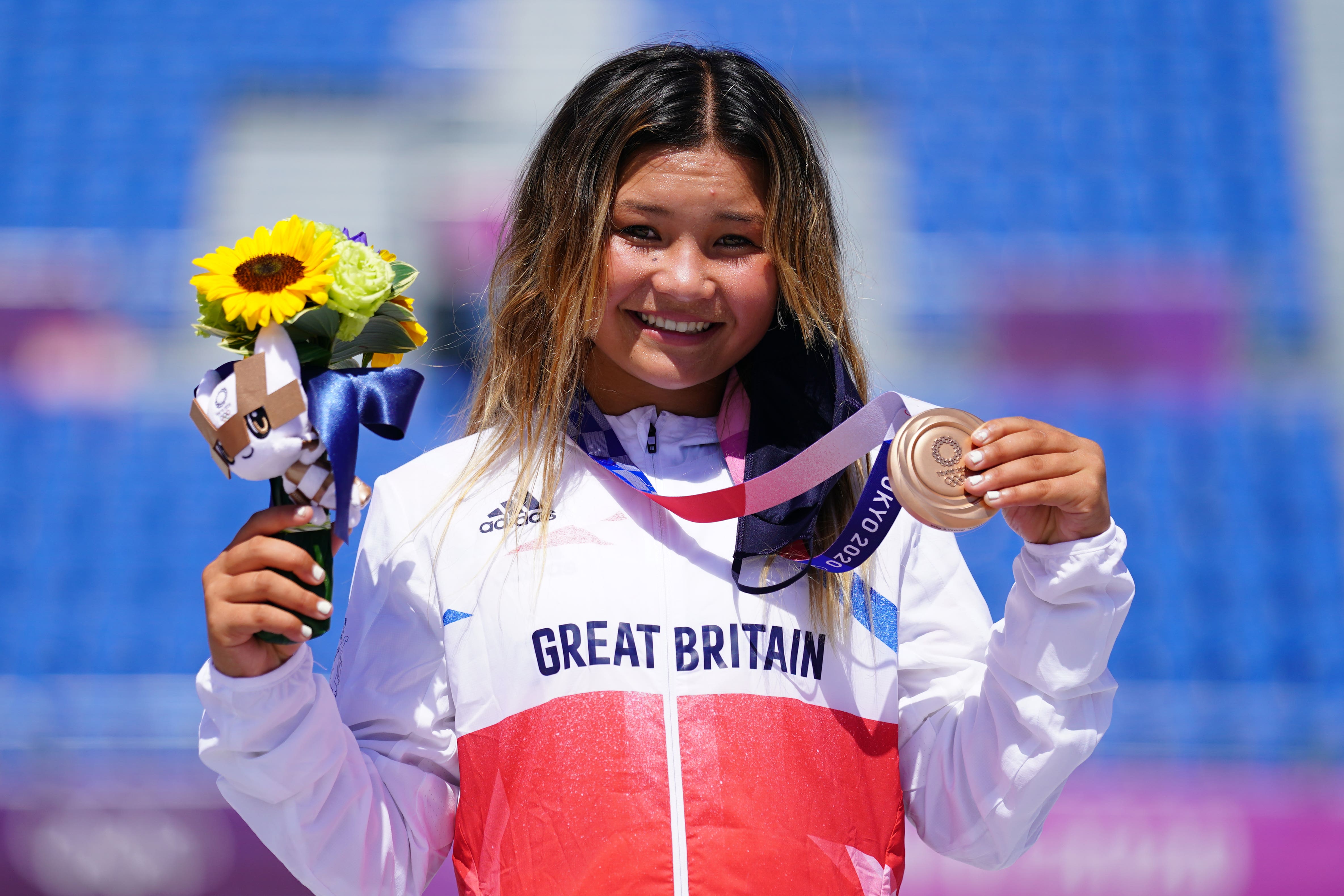Paris 2024 promises to be an Olympic Games like no other
The French capital is preparing to pull out all the stops.

Your support helps us to tell the story
From reproductive rights to climate change to Big Tech, The Independent is on the ground when the story is developing. Whether it's investigating the financials of Elon Musk's pro-Trump PAC or producing our latest documentary, 'The A Word', which shines a light on the American women fighting for reproductive rights, we know how important it is to parse out the facts from the messaging.
At such a critical moment in US history, we need reporters on the ground. Your donation allows us to keep sending journalists to speak to both sides of the story.
The Independent is trusted by Americans across the entire political spectrum. And unlike many other quality news outlets, we choose not to lock Americans out of our reporting and analysis with paywalls. We believe quality journalism should be available to everyone, paid for by those who can afford it.
Your support makes all the difference.Boats down the Seine, B-boys at the Place de la Concorde and the lure of cold, hard cash promise to make the Paris 2024 Olympics, which get underway in 100 days’ time in the French capital, a Games like none before.
If traditionalists were already blanching at audacious plans to rip up over a century of opening ceremony traditions, let alone welcoming the sport of breaking into the Olympic fray, they will have been white-eyed with fury at the announcement that track and field stars will each pocket a USD50,000 bonus.
After the relative sterility of a delayed and Covid-stricken Tokyo 2020, the French capital, as well as the individual sports on an ever-growing and potentially tenuous programme, is preparing to pull out all the stops.
The Games will start on July 26 with the first opening ceremony to be staged outside a stadium, each national delegation instead sent bobbling 6km down the city’s major artery before disembarking in front of the Eiffel Tower.
Two weeks later, windmills, freezers and top rocks will become an official part of the Olympic lexicon for the first time as breaking makes its debut, B-boys and B-girls going head-to-head in DJ-driven battles.
If its inclusion is not quite as contentious as the appearance of live pigeon shooting on the programme for the first Paris Olympics in 1900, it has raised some questions about the IOC’s almost obsessional commitment towards attracting the attention of global youth.
Breaking joins other recently established sports like skateboarding, surfing and BMXing in the so-called ‘urban’ section of a constantly evolving Olympic programme, and one for which it would appear a city like Paris is ideally suited.
For Team GB, now led by the likes of 15-year-old Sky Brown, keen to build on her history-making skateboarding bronze in Tokyo, there is a sense of similar upheaval, as a generation of new stars emerge and begin to eclipse the established order.
There will be no Laura Kenny to light up the Velodrome, while in contrast to their dominant pre-Tokyo preparations, question-marks hang over the ability of the likes of Adam Peaty and Max Whitlock to retain their respective titles.
Nevertheless, Tom Dean, Keely Hodgkinson, Tom Daley, Beth Shriever and Emily Campbell will expect to return to the podium at the head of a squad that looks more than capable of resuming its top three status in the final medals table.
Dean and his closest revival Duncan Scott continued a stunning surge to prominence by the British swimming team – kick-started by Peaty’s heroics in Rio – while Daley and Matty Lee underscored a wave of promise for Team GB in the water.
Hodgkinson’s ongoing battle to avoid another silver lining against rivals Athing Mu and Mary Moraa will generate top billing on the track, where double world champion Josh Kerr resumes his mouthwatering rivalry with Norway’s Jakob Ingebrigtsen.
The international narrative will inevitably be headed by Simone Biles, hoping to add to her current haul of seven Olympic medals after recovering from a psychological phenomenon known as the ‘twisties’ which restricted her success in Tokyo to a solitary – if heroic – bronze on the beam.
Meanwhile French hopes do not come any bigger – literally – than judo heavyweight Teddy Riner, who boasts three Olympic golds and 11 world titles, and bids to cap his extraordinary career with another victory on home soil.
All of which will be played out in front of the welcome sight of sold-out grandstands, a world away from the bare bleachers in Tokyo, and a symbol, or so the IOC would like to see it, of the Games having weathered one of the most serious storms in its history.
It is perhaps that new-found consciousness of the need to adapt that has pushed the IOC into making more aggressive changes, be it in future bidding processes or in urging the b-boys and b-girls off the streets and into the Olympic auditorium for the first time.
The Olympic movement has evolved unthinkably since that first Paris Games 124 years ago, when resolutely amateur pursuits like angling, ballooning and croquet were also on the programme, the latter reportedly staged in front of a single paying spectator.
Some might say the latest changes are a step too far. But after the turmoil of Tokyo, most of those fortunate enough to be present in Paris will just be grateful that the Olympics are back, and braced to bop to any kind of beat at all.